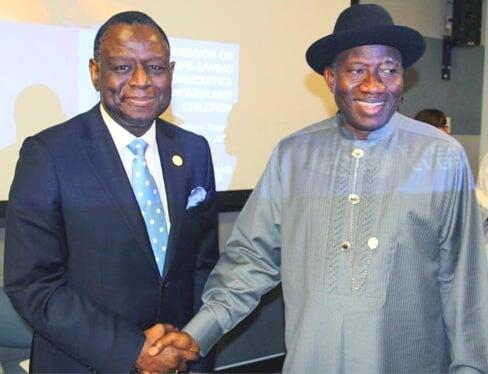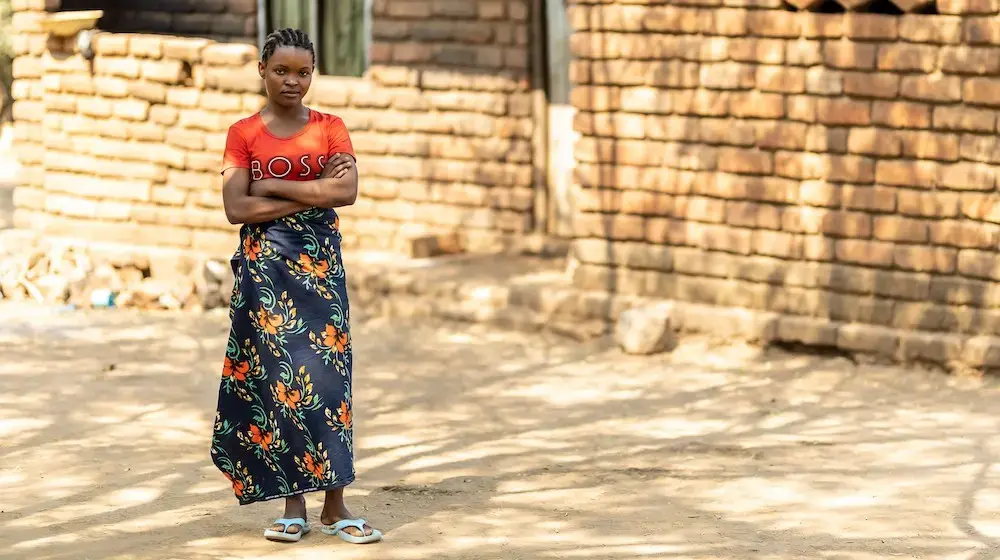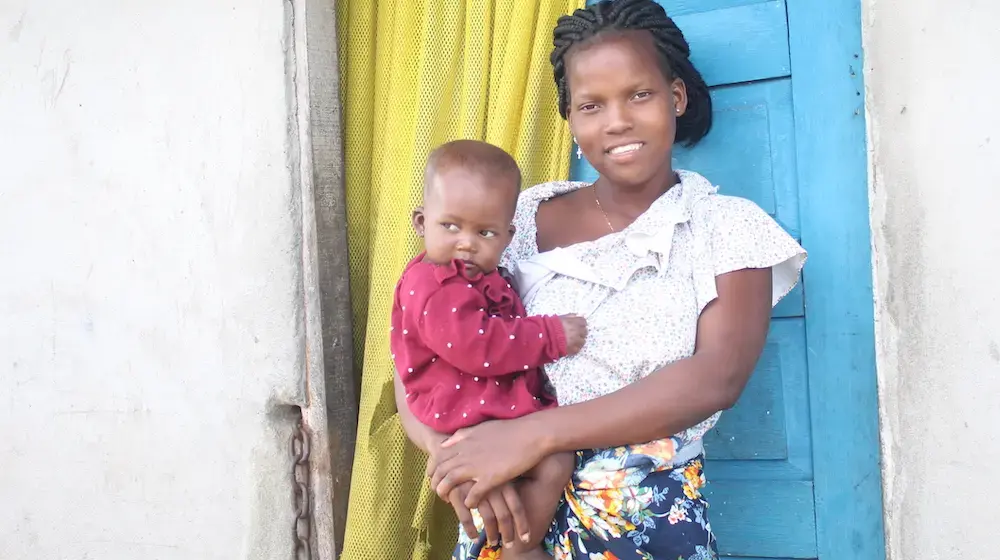UNITED NATIONS, New York — Africa featured prominently at the 67th regular session of the UN General Assembly in late September.
Throughout the week, UNFPA, its Executive Director Dr. Babatunde Osotimehin, and many partners emphasized the urgency of continuing to investing in women and young people in ways that make a difference.
Nigerian president launches report
At the launch of the report of the UN Commission on Life-Saving Commodities for Women and Children on September 26, Nigeria’s President Goodluck Jonathan said that it is important to give women and girls access to family planning: "We need to encourage them to decide when to have babies and give them the means to plan pregnancies. This is especially true for young girls, who sometimes are not prepared to be mothers. And young men, who are not prepared to be fathers." But he noted that lack of resources for providing access is a reality for many developing countries.
President Jonathan mentioned an upcoming high-level event in Abuja, the capital, in October to discuss priorities and start the implementation of the recommendations released today by the Commission.
At the meeting, former US President Bill Clinton announced a new partnership that will make a safe, effective, long-acting, reversible method of contraception available to more than 27 million women in the world's poorest nations.
Photo exhibition on improving maternal health
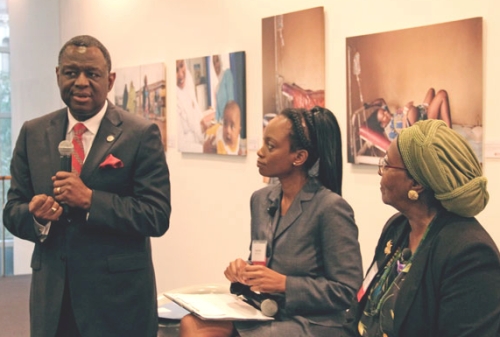
Dr. Osotimehin was the keynote speaker at Ripple Effect , a photo exhibition featuring photos from UNFPA and other organizations that work to improve maternal health, and hosted by international non-governmental organization PATH on September 27. He was joined by Edna Adan Ismail, a Somalian nurse, midwife and former First Lady. The event launched a new report,Safeguarding Pregnant Women with Essential Medicines.
Dr. Babatunde stressed the importance of giving women and young girls the opportunities to improve their life chances. “We must educate girls to liberate them. To allow them to go to school, to make their own choices: when to get married, to use contraception, to decide how many children to have and even to determine the spacing between their children,” he said.
Ms. Ismail reinforced these crucial points: “The biggest killer of women isn’t childbirth – it is ignorance. We must educate and train women and girls about their choices.”
Both speakers reinforced the importance of family planning and the presence of midwives during birth. Ms. Ismail has trained 200 midwives, her goal being to recruit and train 1,000 midwives throughout Africa. She acknowledged and thanked UNFPA for its support in training midwives.
UNFPA helping Zambia improve health indicators, First Lady says
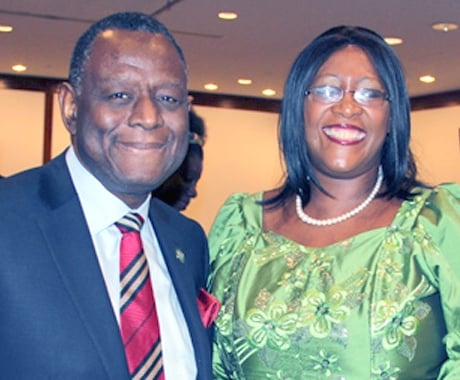
At a meeting on the implementation of the Secretary-General's Global Strategy for Women's and Children's health on 24 September, Dr. Osotimehin met with leaders of the other agencies that comprise the H4+ as well as with donors, dignitaries and First Ladies.
The First Lady of Zambia, Dr. Christine Kaseba Sata, said that with the support of the H4+, including UNFPA, her country has been able to improve several health indicators. "We have had success, yes. But we also have challenges. Health system bottlenecks remain, especially regarding human resources for health." According to Dr. Kaseba, the situation is exacerbated by the fact that health personnel are not evenly deployed.
Early marriage diminishes girls’ hopes for the future
Dr. Osotimehin joined a ‘Countdown to 2015’ breakfast meeting on September 23, where a new report was launched by the Partnership for Maternal, Newborn and Child Health , which reviews progress on commitments made by 220 stakeholders in support of the Every Woman Every Child initiative.
During the discussion, the UNFPA Executive Director spoke about the importance of clarity and transparency. “What we need to do is advocate for clear plans, advocate for resources, track resources, track implementation and make sure we evaluate what we are doing.”
He took part in a panel discussion about youth collective action during the 2012 Social Good Summit that day. Since 2010, this global conversation has taken place each year during the time of the General Assembly to share digital solutions to development issues. The Executive Director took the opportunity to encourage young people to educate themselves about, and align themselves with, the millions of young girls around the world who see their hopes for a bright future diminished by early marriage.

